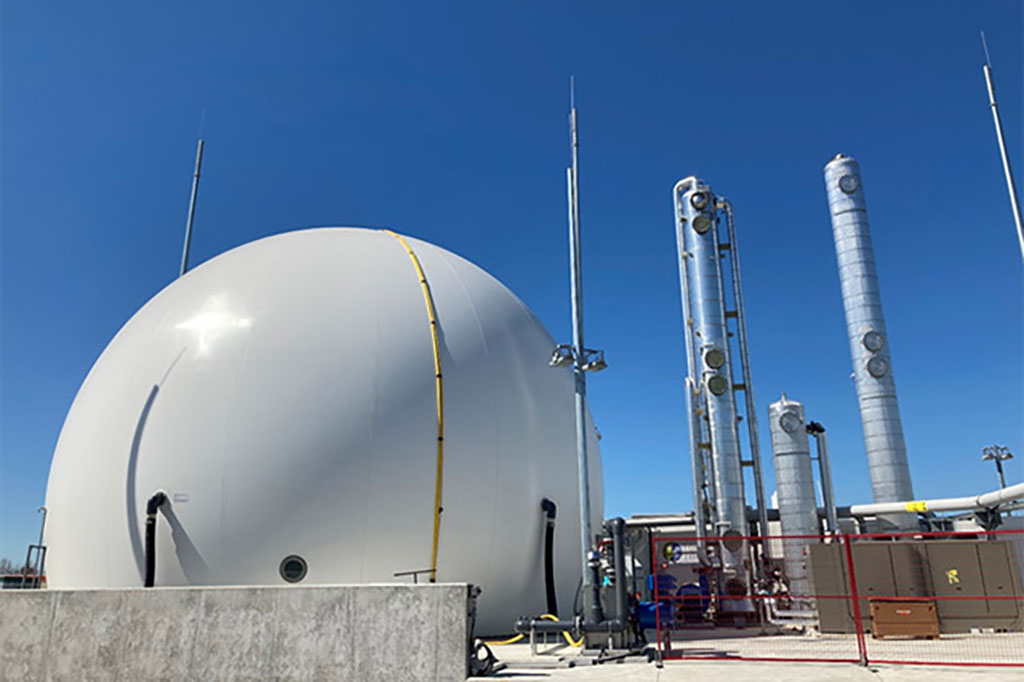Richmond, B.C. – Metro Vancouver has been granted funding for a heat recovery project at the Lulu Island Wastewater Treatment Plant.
The project will recover heat from treated sewage for use in plant operations, while increasing renewable natural gas production.
The project is receiving funding from the federal and provincial governments through the second intake of the CleanBC Communities Fund under the green infrastructure stream of the Investing in Canada Infrastructure Program.
Construction is expected to begin in 2023, with project completion slated for 2025. The estimated budget is $10 million, with $2.14 million coming from the Government of Canada and $1.78 million from the province.
“Generating clean, renewable energy from wastewater supports the targets set out in our regional climate strategy, Climate 2050,” said Sav Dhaliwal, chair of Metro Vancouver’s board of directors, in a statement. “We are grateful to our partners for their support as we strive to meet our goals, which align with those set out in federal and provincial plans, of reducing greenhouse gas emissions and achieving regional carbon neutrality.”
Last year, Metro Vancouver completed the Lulu Island Renewable Natural Gas Facility, which allows the plant to clean and store biogas — a byproduct of the liquid waste treatment process — for use in the provincial natural gas system.
The facility cleans the biogas so that it can be sold as renewable natural gas, which blends seamlessly into existing gas infrastructure, and helps reduce net greenhouse gas emissions compared to conventional natural gas.
Metro Vancouver has an agreement in place to sell renewable natural gas produced at the Lulu Island Wastewater Treatment Plant to FortisBC, who will deliver the renewable natural gas to its customers to reduce their greenhouse gas emissions and help meet provincial climate action targets.
Revenue from renewable natural gas sales is reinvested into projects that support wastewater resource recovery.
The Lulu Island facility currently uses biogas as fuel to meet its indoor heating and plant process needs, with the excess gas being flared.
The new sewage heat recovery project will allow the plant to meet its heating needs by recovering thermal energy from treated wastewater, meaning more biogas will be available for cleaning and sale to FortisBC.
This project will free up enough renewable natural gas to power 600 homes and together with the renewable natural gas facility, significantly reduce the need for flaring.
“Metro Vancouver is always looking for ways to make the most of the energy and resources in wastewater, including generating heat, electricity, and renewable natural gas,” said Richard Stewart, chair of Metro Vancouver’s Liquid Waste Committee. “Not only are projects like these key to the strategies outlined in Metro Vancouver’s Integrated Liquid Waste and Resource Management Plan, they also benefit residents and businesses that can access this reliable, clean, and renewable source of energy.”













